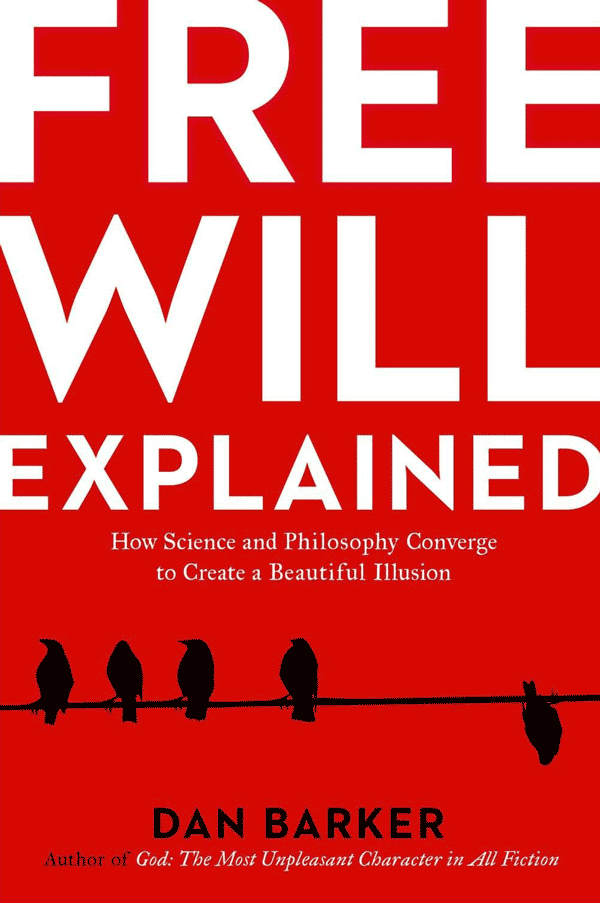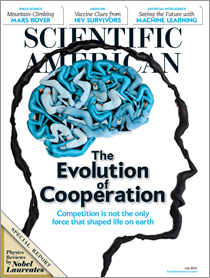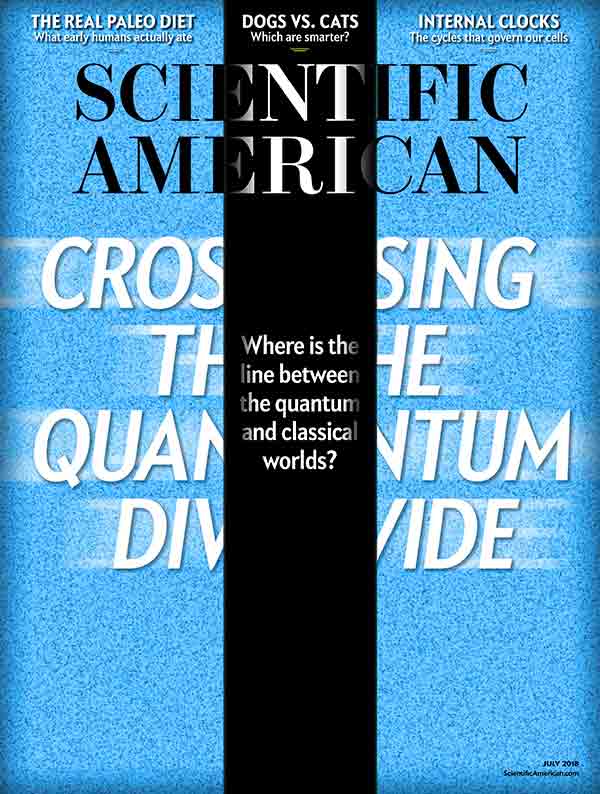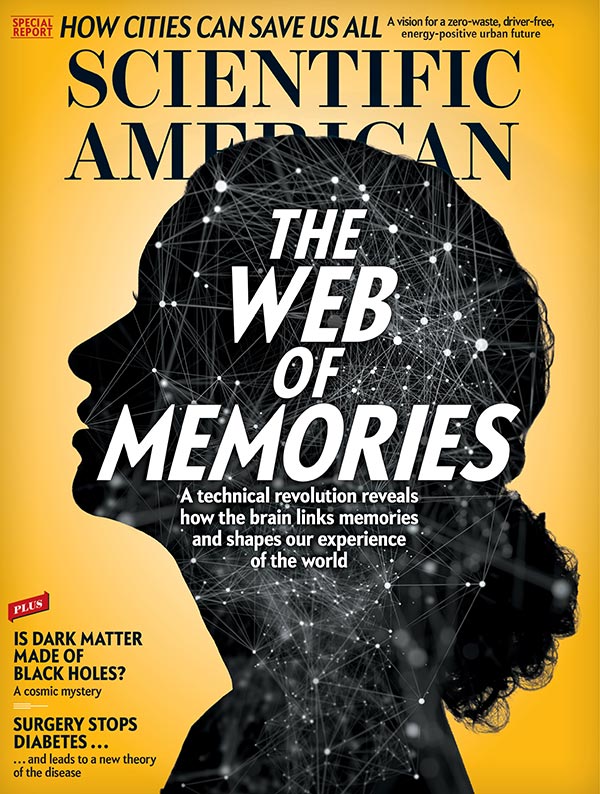Are consciousness, free will and God insoluble mysteries?
In 1967 British biologist and Nobel laureate Sir Peter Medawar famously characterized science as, in book title form, The Art of the Soluble. “Good scientists study the most important problems they think they can solve. It is, after all, their professional business to solve problems, not merely to grapple with them,” he wrote.
For millennia, the greatest minds of our species have grappled to gain purchase on the vertiginous ontological cliffs of three great mysteries—consciousness, free will and God—without ascending anywhere near the thin air of their peaks. Unlike other inscrutable problems, such as the structure of the atom, the molecular basis of replication and the causes of human violence, which have witnessed stunning advancements of enlightenment, these three seem to recede ever further away from understanding, even as we race ever faster to catch them in our scientific nets.
Are these “hard” problems, as philosopher David Chalmers characterized consciousness, or are they truly insoluble “mysterian” problems, as philosopher Owen Flanagan designated them (inspired by the 1960s rock group Question Mark and the Mysterians)? The “old mysterians” were dualists who believed in nonmaterial properties, such as the soul, that cannot be explained by natural processes. The “new mysterians,” Flanagan says, contend that consciousness can never be explained because of the limitations of human cognition. I contend that not only consciousness but also free will and God are mysterian problems—not because we are not yet smart enough to solve them but because they can never be solved, not even in principle, relating to how the concepts are conceived in language. Call those of us in this camp the “final mysterians.” (continue reading…)
read or write comments (50)
Foreword to Free Will Explained: How Science and Philosophy Converged to Produce a Beautiful Illusion, by Dan Barker (Sterling. 2018. ISBN 9781454927358).

In 1985, the physiologist Benjamin Libet conducted a series of experiments that involved taking EEG readings of subjects’ brains engaged in a task that required them to press a button at random intervals whenever they felt like it during the session. Results: several seconds before the “decision” was consciously made by the subject, the brain’s motor cortex was activated.1 The neuroscientist John-Dylan Haynes employed fMRI brain scans in a 2011 study in which subjects inside the scanner were instructed to press one of two buttons whenever they wanted while observing a series of random letters. The subjects were told to verbally report which letter was on the screen when they “decided” to press the button. Results: the time between brain activation and conscious awareness of a “choice” was several seconds, and in some cases a full seven seconds.2
In these studies, and others, scientists measuring subjects’ brains know which decision they would make before the subjects themselves know it! That is spooky, and if these results don’t bother you then you’re not thinking hard enough about them. What they imply is that we are not free to choose in the way we think we are. We feel free, but that’s just what our conscious self believes because it doesn’t know about the inputs feeding into it from below that have already made the choice. As the neuroscientist Sam Harris articulated it in his widely-read book Free Will, “Our wills are simply not of our own making. Thoughts and intentions emerge from background causes of which we are unaware and over which we exert no conscious control. We do not have the freedom we think we have.”3 (continue reading…)
Comments Off on Finding Freedom in a Determined Universe
Memories, points of view and the self
The Discovery is a 2017 Netflix film in which Robert Redford plays a scientist who proves that the afterlife is real. “Once the body dies, some part of our consciousness leaves us and travels to a new plane,” the scientist explains, evidenced by his machine that measures, as another character puts it, “brain wavelengths on a subatomic level leaving the body after death.”
This idea is not too far afield from a real theory called quantum consciousness, proffered by a wide range of people, from physicist Roger Penrose to physician Deepak Chopra. Some versions hold that our mind is not strictly the product of our brain and that consciousness exists separately from material substance, so the death of your physical body is not the end of your conscious existence. Because this is the topic of my next book, Heavens on Earth: The Scientific Search for the Afterlife, Immortality, and Utopia (Henry Holt, 2018), the film triggered a number of problems I have identified with all such concepts, both scientific and religious. (continue reading…)
read or write comments (40)
The death of the brain means subjective experiences
are neurochemistry

“WHERE IS THE EXPERIENCE OF RED IN YOUR BRAIN?” The question was put to me by Deepak Chopra at his Sages and Scientists Symposium in Carlsbad, Calif., on March 3. A posse of presenters argued that the lack of a complete theory by neuroscientists regarding how neural activity translates into conscious experiences (such as “redness”) means that a physicalist approach is inadequate or wrong. “The idea that subjective experience is a result of electrochemical activity remains a hypothesis,” Chop ra elaborated in an e-mail. “It is as much of a speculation as the idea that consciousness is fundamental and that it causes brain activity and creates the properties and objects of the material world.” “Where is Aunt Millie’s mind when her brain dies of Alzheimer’s?” I countered to Chopra. “Aunt Millie was an impermanent pattern of behavior of the universe and returned to the potential she emerged from,” Chopra rejoined. “In the philosophic framework of Eastern traditions, ego identity is an illusion and the goal of enlightenment is to transcend to a more universal non local, nonmaterial identity.” (continue reading…)
read or write comments (14)





